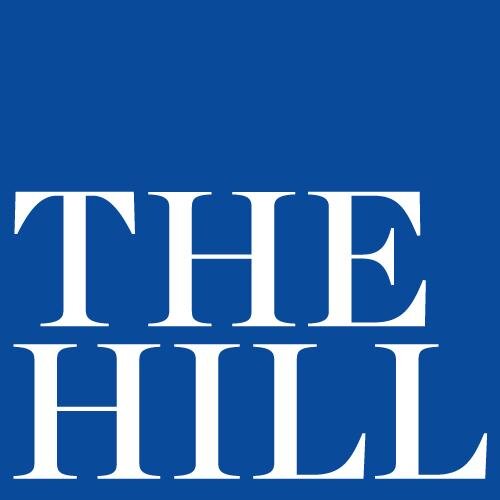Jon Guryan
Faculty Co-Director
Connect
Expertise
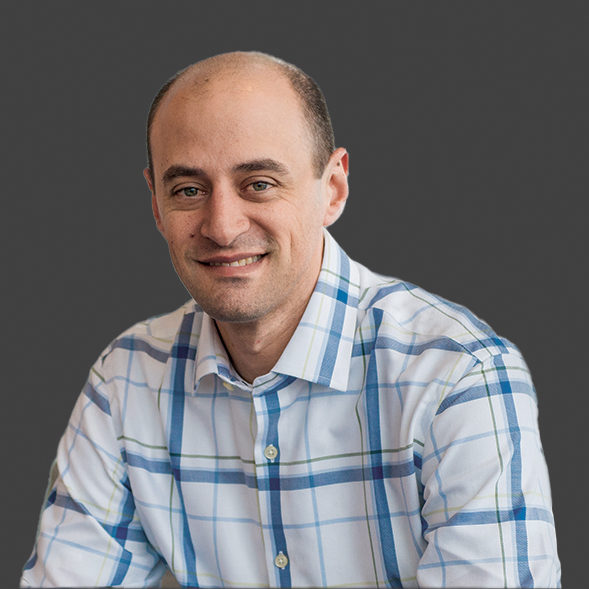
Jonathan Guryan is a Professor of Human Development and Social Policy, Faculty Fellow at the Institute for Policy Research and a courtesy member of the Economics Department and the Kellogg School of Business at Northwestern University. He is also a Research Associate at the National Bureau of Economic Research, and a co-founder and co-director of the University of Chicago Education Lab. Much of his research falls into two main categories, understanding the sources and consequences of racial inequality and the economics of education. His work on these subjects has been published in leading journals such as the American Economic Review, the Journal of Political Economy, Developmental Psychology, Educational Psychology, and the Review of Economics and Statistics.
In one study he found that the court-ordered school desegregation plans of the 1970’s led to declines in high school dropout rates among Black students. In another study, with Kerwin Charles, he evaluated the role that racial prejudice plays in the determination of wage differences between Black and White people. In ongoing work with Kenneth Chay and Bhashkar Mazumder, he is studying the effect of early access to health care on the Black-White test score gap. He has also studied the labor market for teachers; a subsidy for investments in Internet access in schools; technology-assisted learning in classrooms; demand for lottery tickets; and peer effects among professional golfers.
His work has been funded by the W.T. Grant Foundation and the National Science Foundation. He has also been awarded grants by the U.S. Department of Education’s Institute for Education Sciences and the National Institute of Child Health and Human Development to conduct and study an experimental evaluation of an intervention designed to reduce truancy in the Chicago Public Schools.
Prior to joining the Northwestern faculty in 2010, Jonathan Guryan taught at the University of Chicago’s Booth School of Business, where he was Assistant Professor of Economics from 2000-2004 and Associate Professor of Economics from 2004-2010.
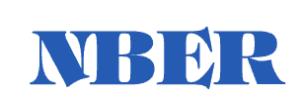
NBER Working Paper: Can Technology Facilitate Scale? Evidence from a Randomized Evaluation of High Dosage Tutoring
This paper outlines results from the Education Lab’s study of a high-dosage tutoring model–what we call “Saga Technology”–which found that substituting some tutor time with educational technology can reduce costs by one-third and halve the number of tutors needed without compromising effectiveness.
Realizing the Promise of High Dosage Tutoring at Scale: Preliminary Evidence for the Field
This technical report outlines preliminary results from the Personalized Learning Initiative showing that high dosage tutoring can be scaled and can work–even when delivered in the aftermath of the pandemic and in diverse academic settings.
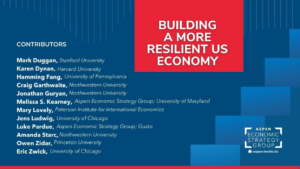
Overcoming Pandemic-Induced Learning Loss
The Education Lab’s faculty co-directors, Dr. Jens Ludwig, professor at the University of Chicago, and Dr. Jon Guryan, professor at Northwestern University, published a paper commissioned by the Aspen Economic Strategy Group for its 2023 policy volume.
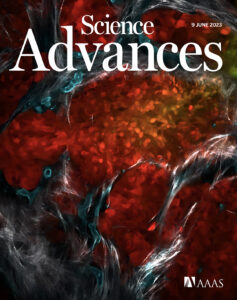
Randomized evaluation of a school-based, trauma-informed group intervention for young women in Chicago
Science Advances journal publication.
Personalized Learning Initiative
The Personalized Learning Initiative is a moonshot to overcome pandemic learning loss and aims to bring high-dosage tutoring to students nationwide.
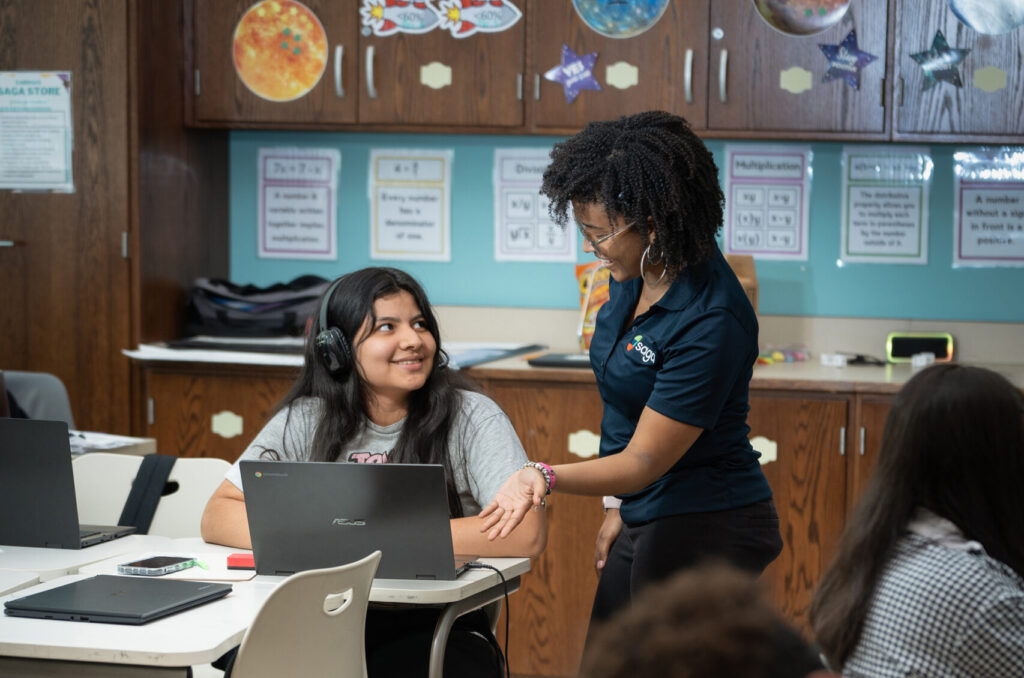
Personalized Learning Initiative: Tutor Corps Evaluation
The University of Chicago Education Lab is partnering with Chicago Public Schools (CPS) to scale personalized tutoring in the wake of the pandemic.
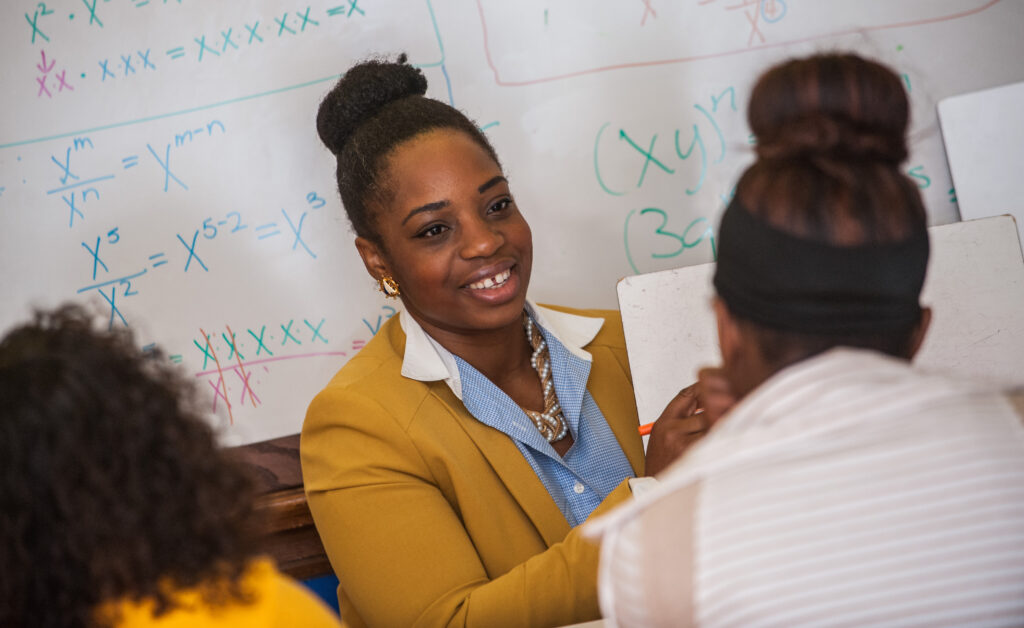
Saga Tech
The Education Lab conducted a study of a high-dosage tutoring model–what we call “Saga Technology”–which found that substituting some tutor time with educational technology can reduce costs by one-third and halve the number of tutors needed without compromising effectiveness.
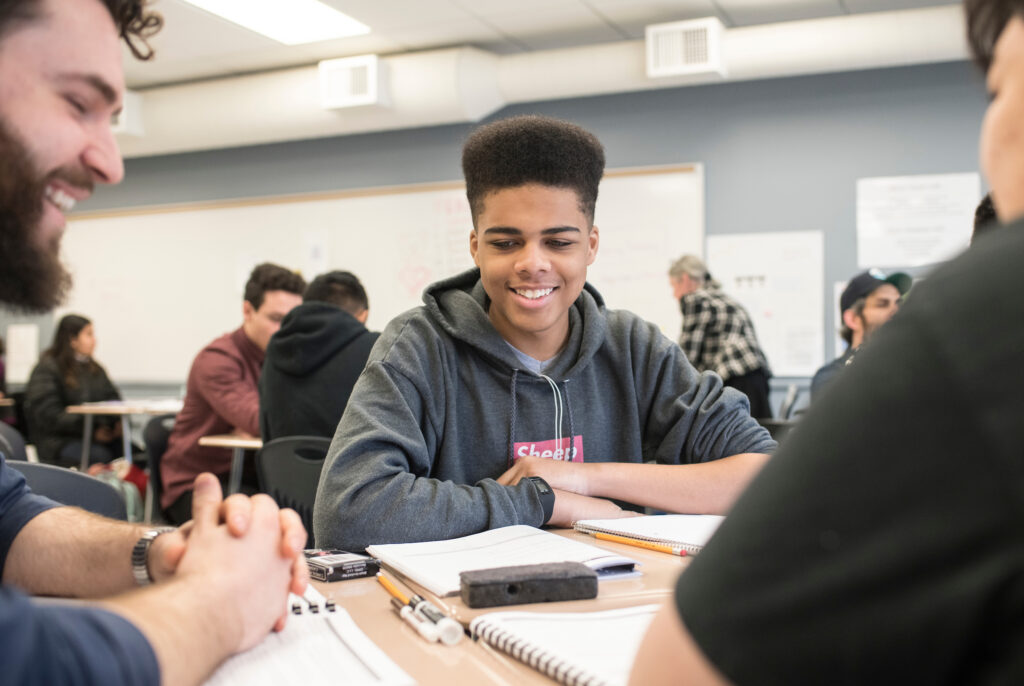
Working on Womanhood
In 2017, the University of Chicago Education Lab partnered with the Mayor’s Office, Chicago Public Schools and Youth Guidance to understand the effects of Youth Guidance’s Working on Womanhood program as part of the Mayor’s Mentoring Initiative.
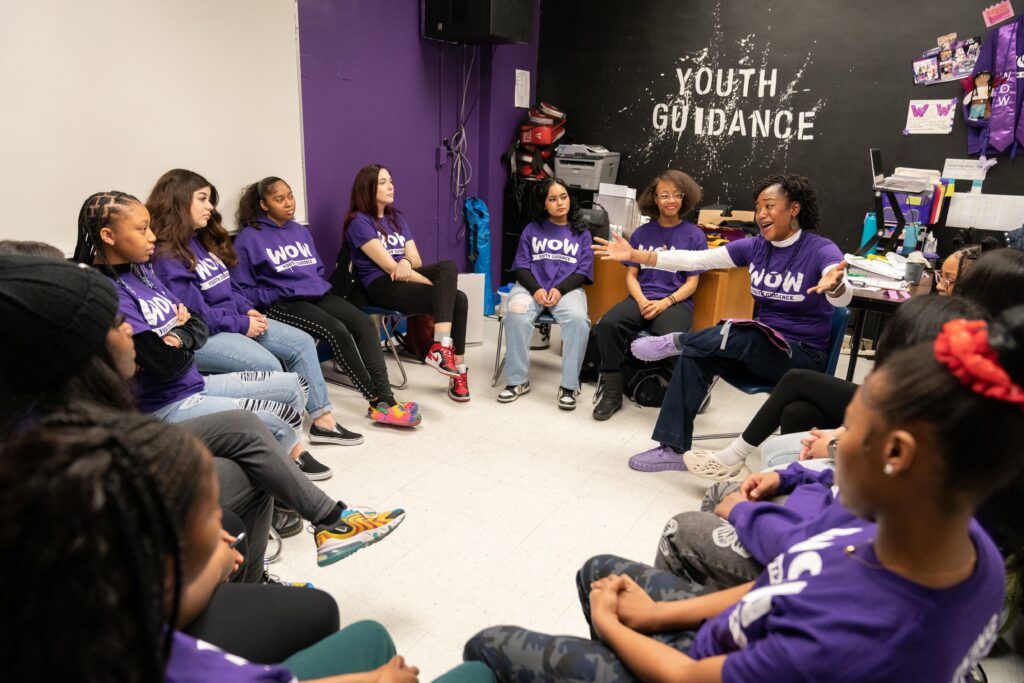
Latest Updates
Commentary: Counterintuitive strategies for overcoming pandemic learning loss with high-dosage tutoring
The Education Lab’s Monica Bhatt, Jon Guryan, and Jens Ludwig outline strategies for schools and districts to overcome pandemic-induced learning loss and highlight results from our study of a high-dosage tutoring model–what we call “Saga Technology.”

Overcoming Pandemic Learning Loss: Bringing High-Dosage Tutoring to Students Nationwide
The Aspen Economic Strategy Group (AESG) hosted an event related to the publication of a new paper by the Education Lab’s faculty co-directors, Dr. Jens Ludwig and Dr. Jon Guryan, titled “Overcoming Pandemic-Induced Learning Loss.”
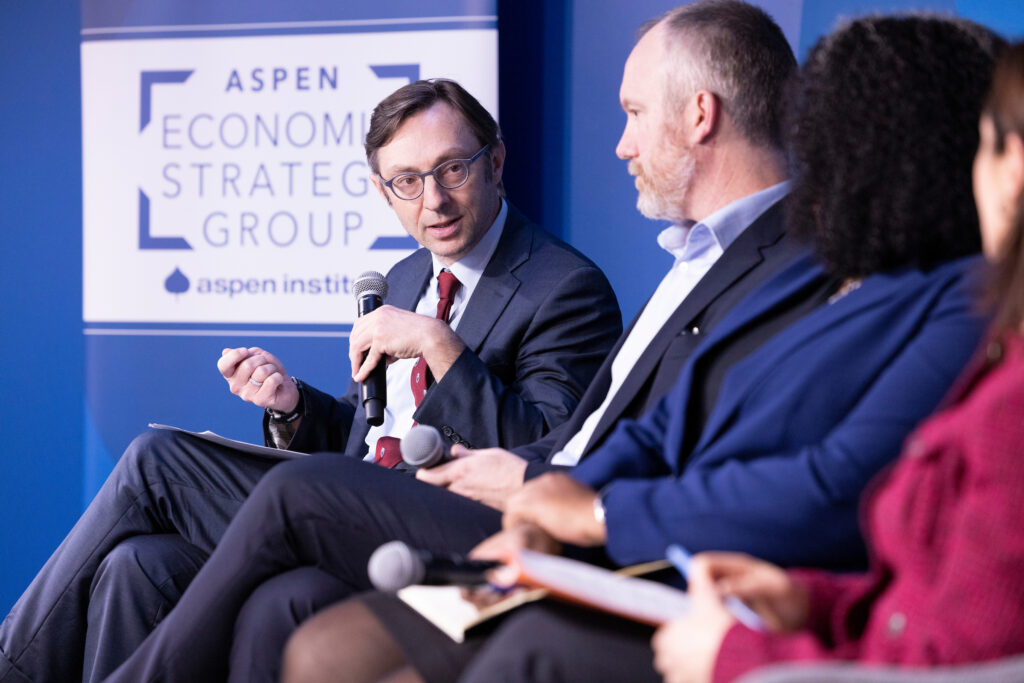
America’s Students Need an Operation Warp Speed
The Education Lab’s faculty co-directors, Dr. Jens Ludwig, professor at the University of Chicago, and Dr. Jon Guryan, professor at Northwestern University, make the case for a large-scale tutoring program designed to compensate for pandemic-era learning loss and equalize educational opportunities in the long-term.
